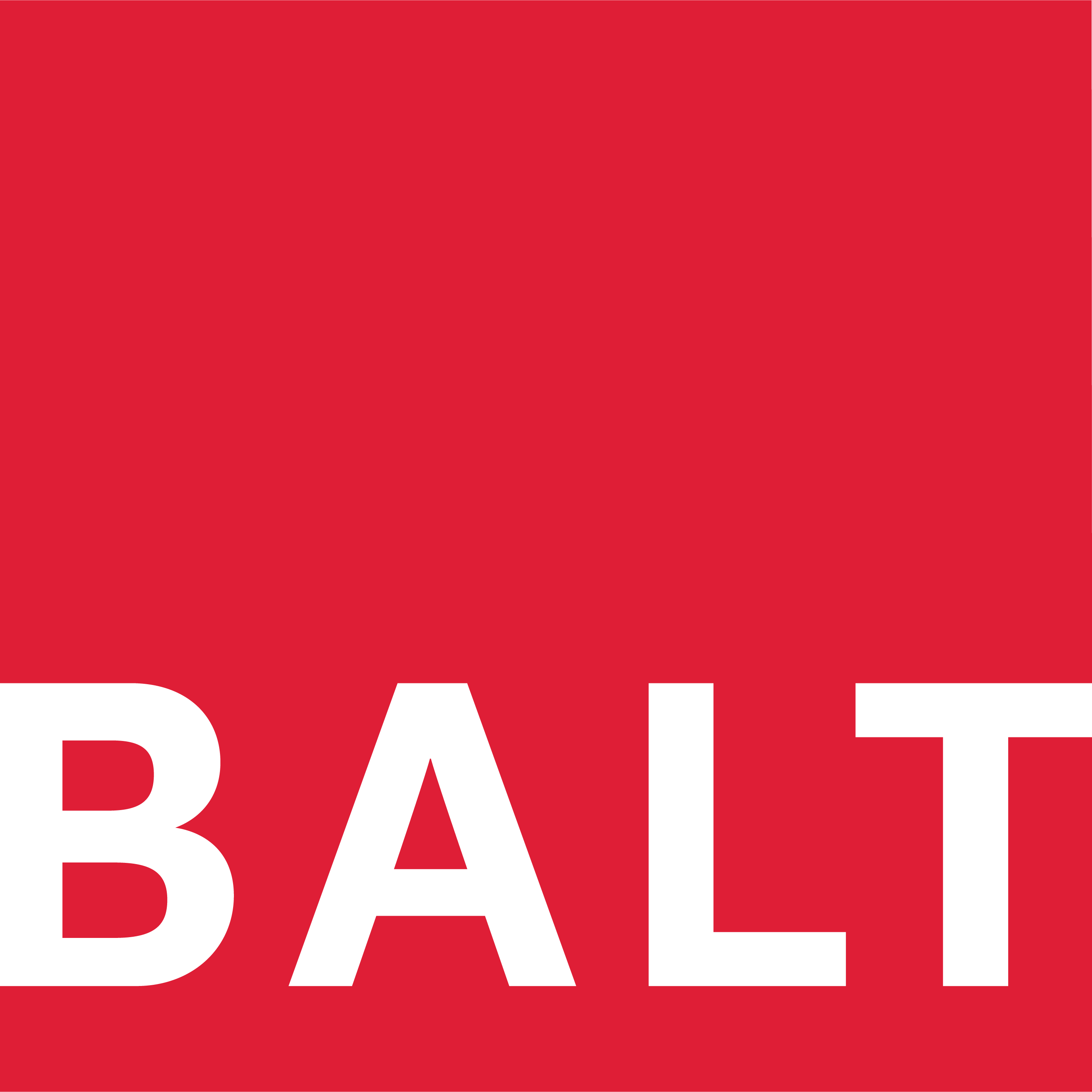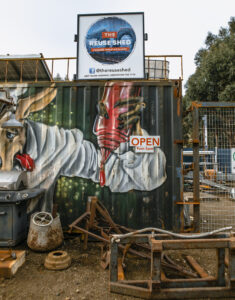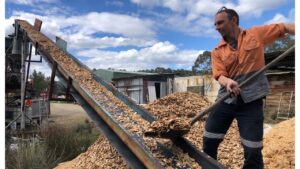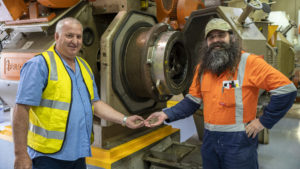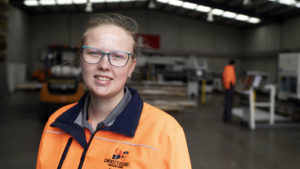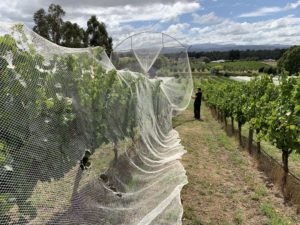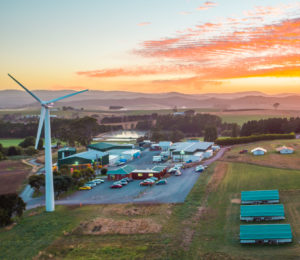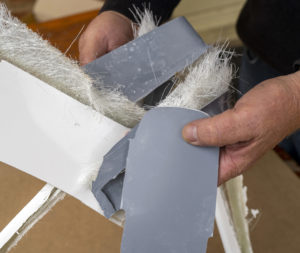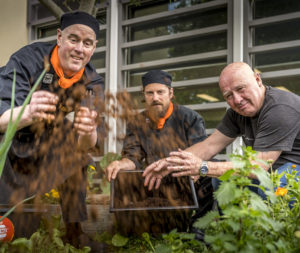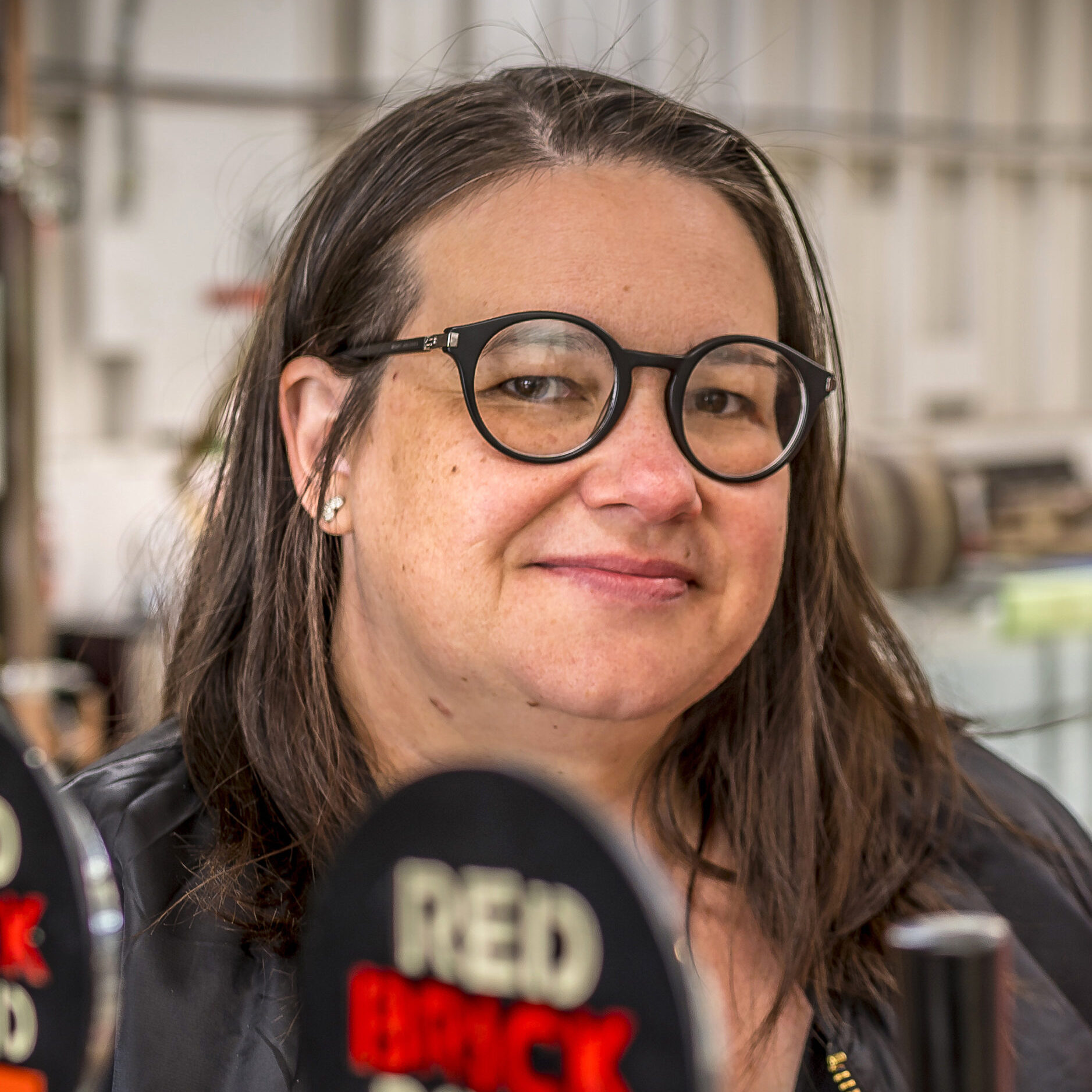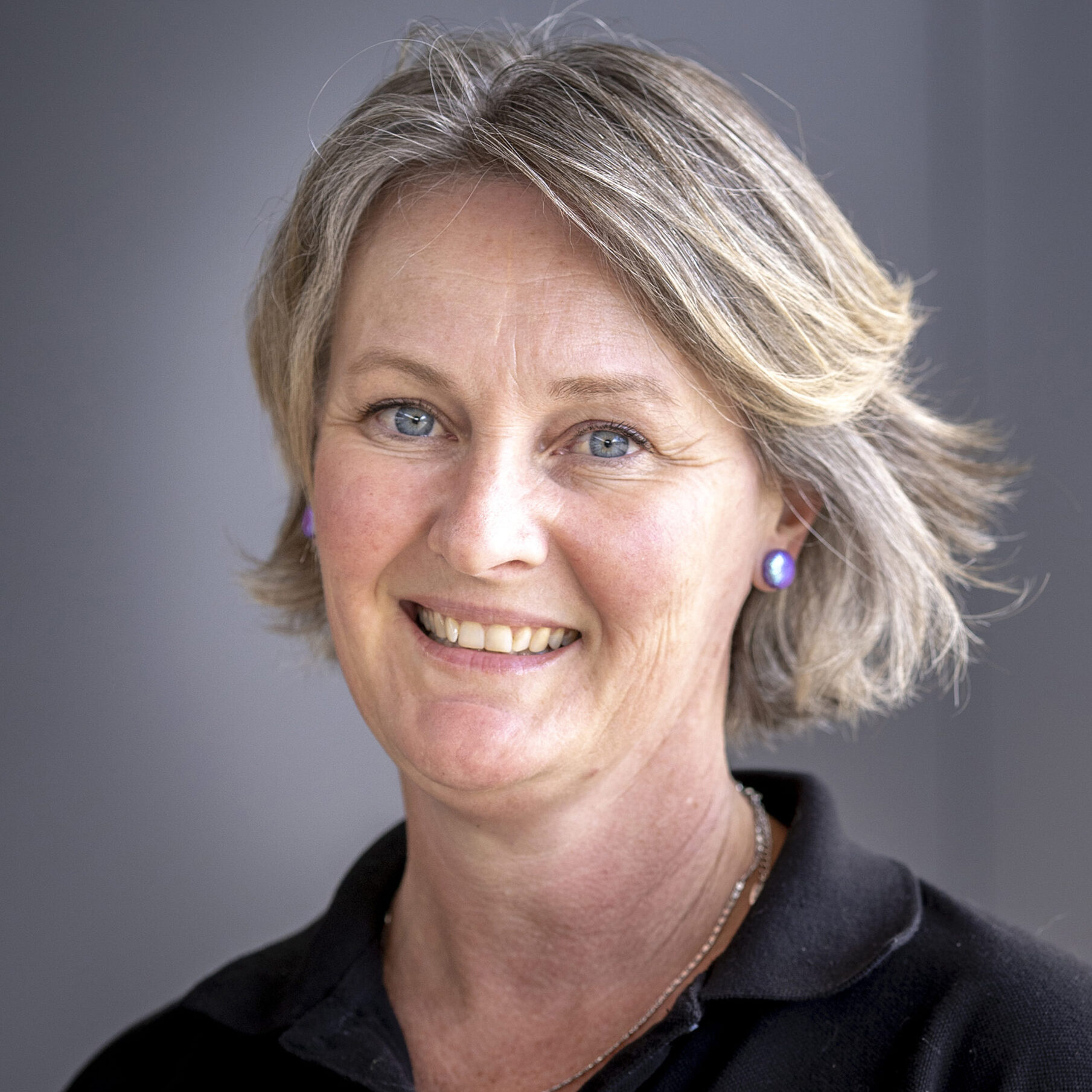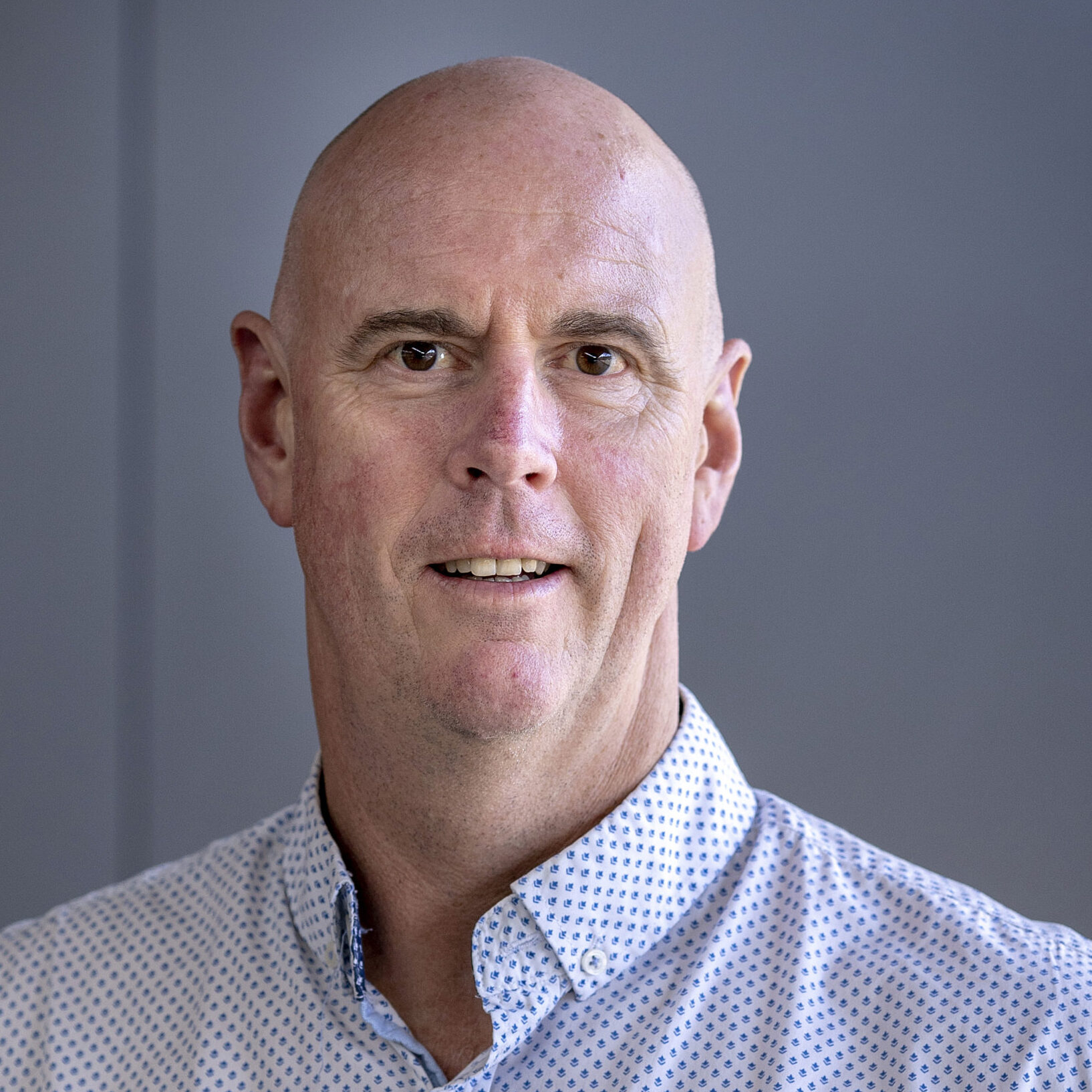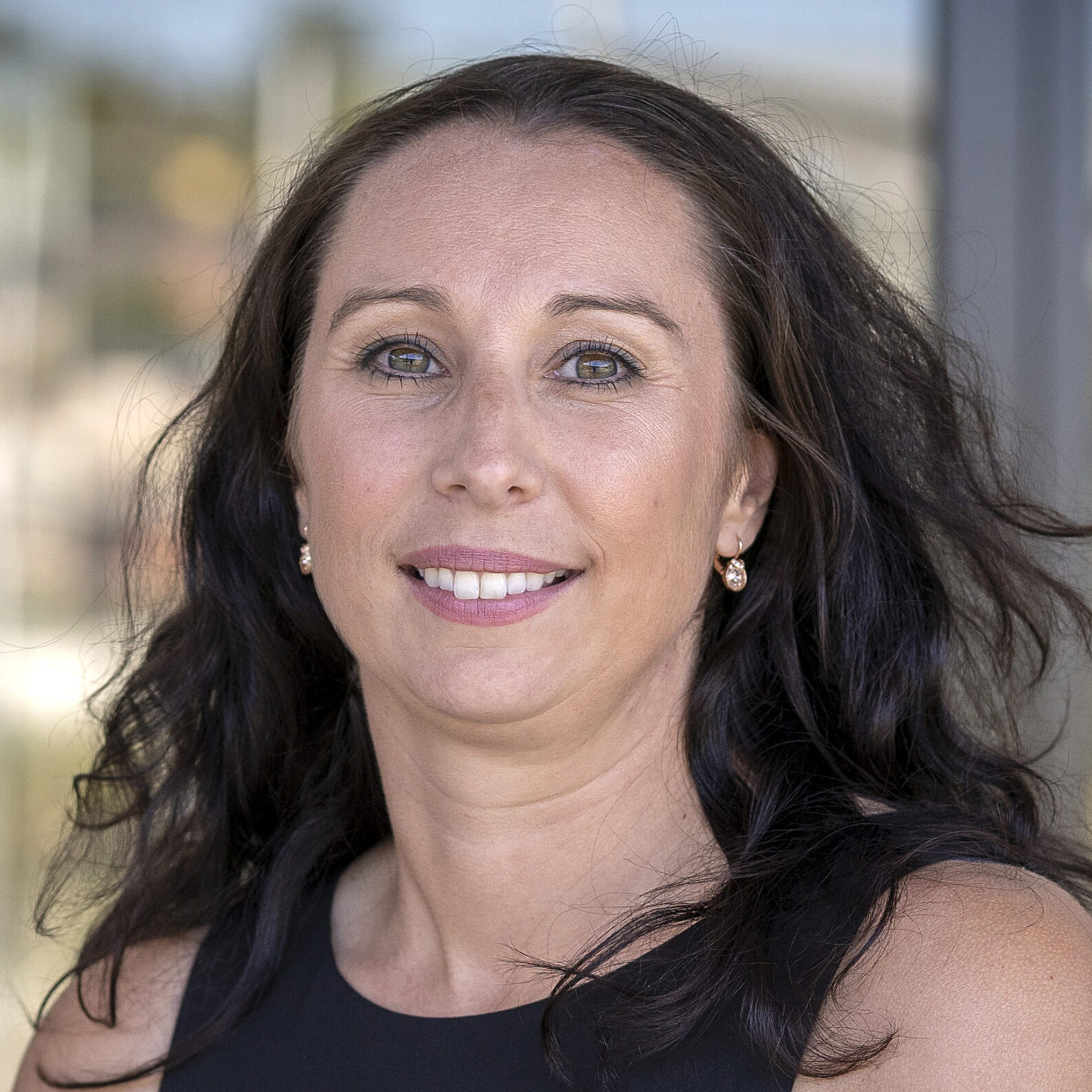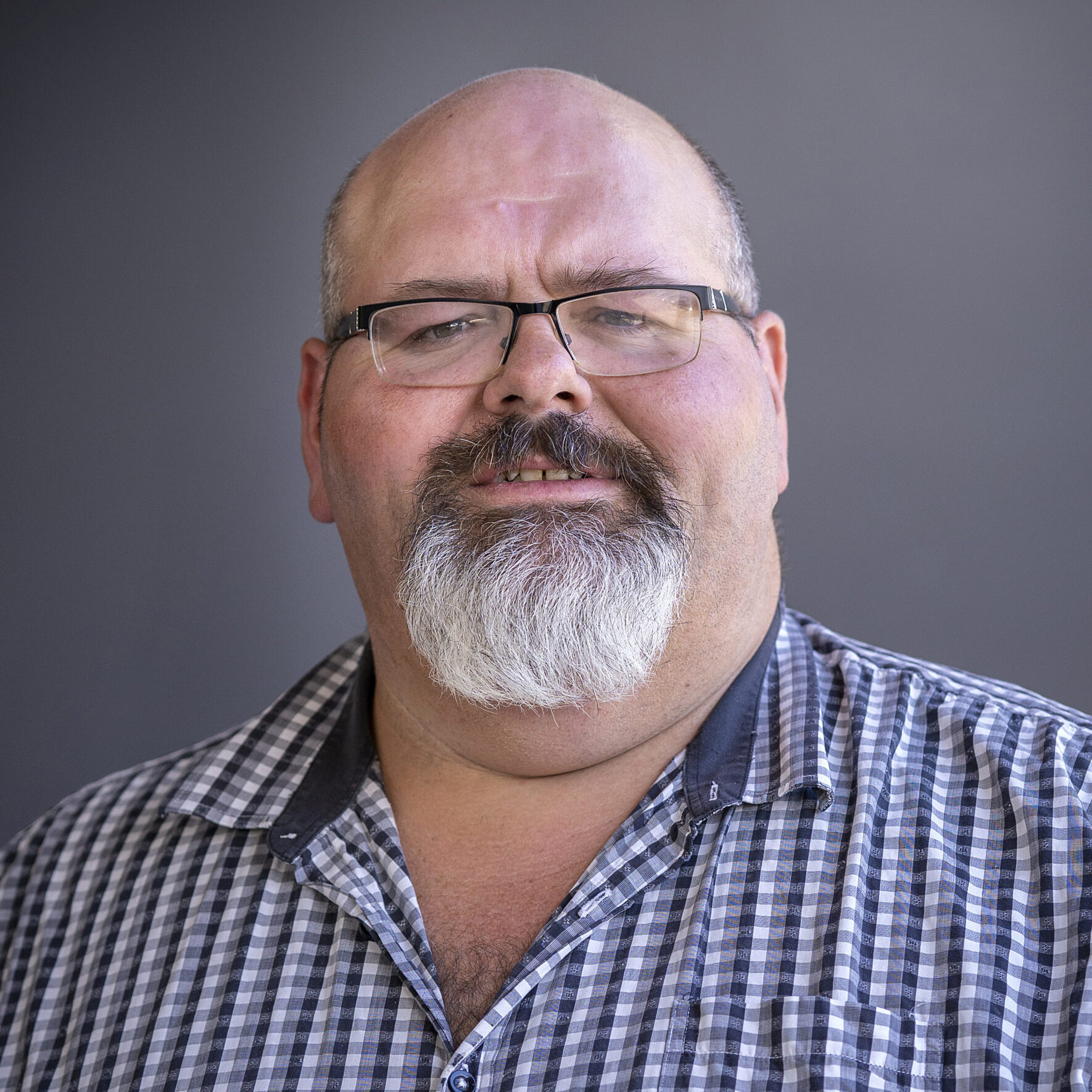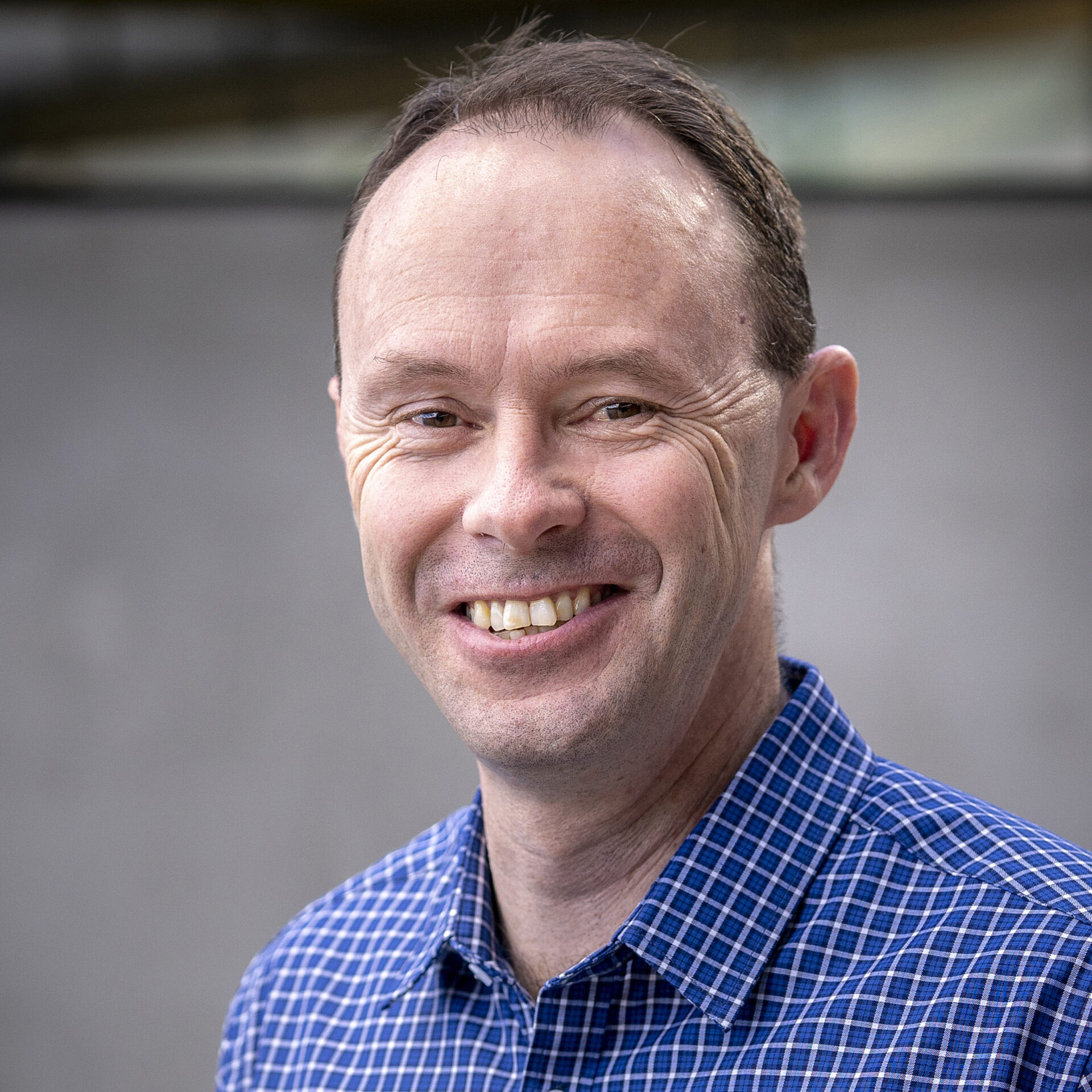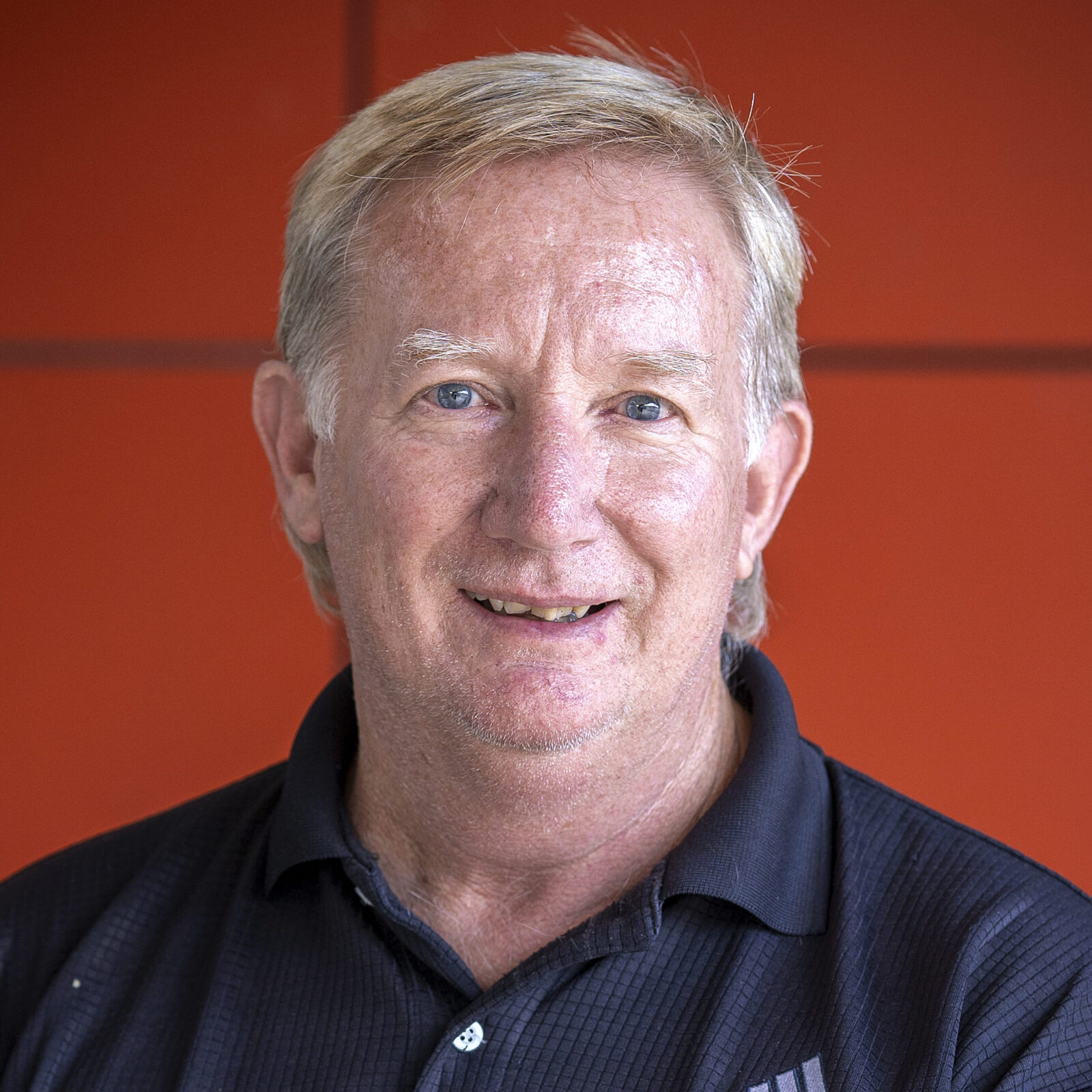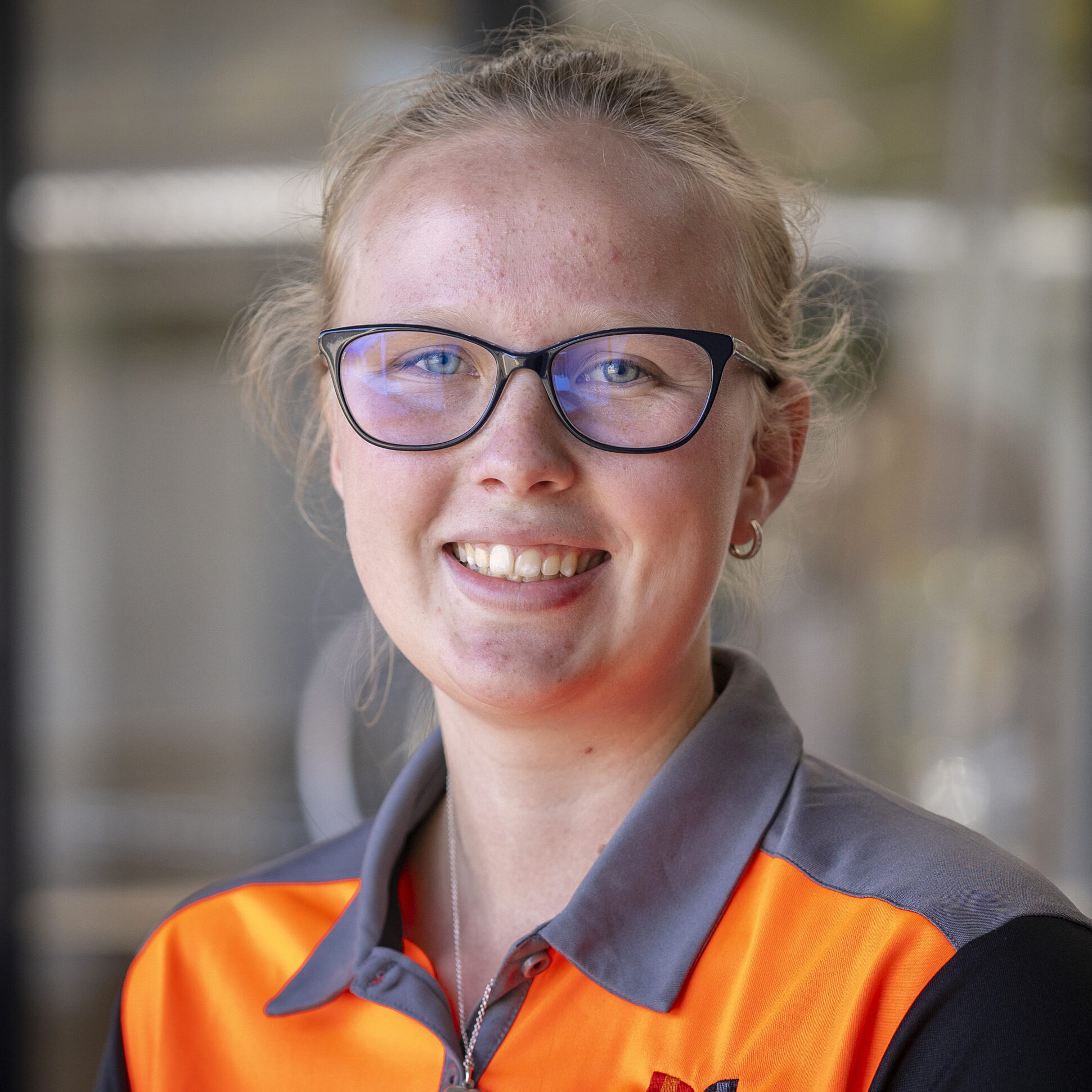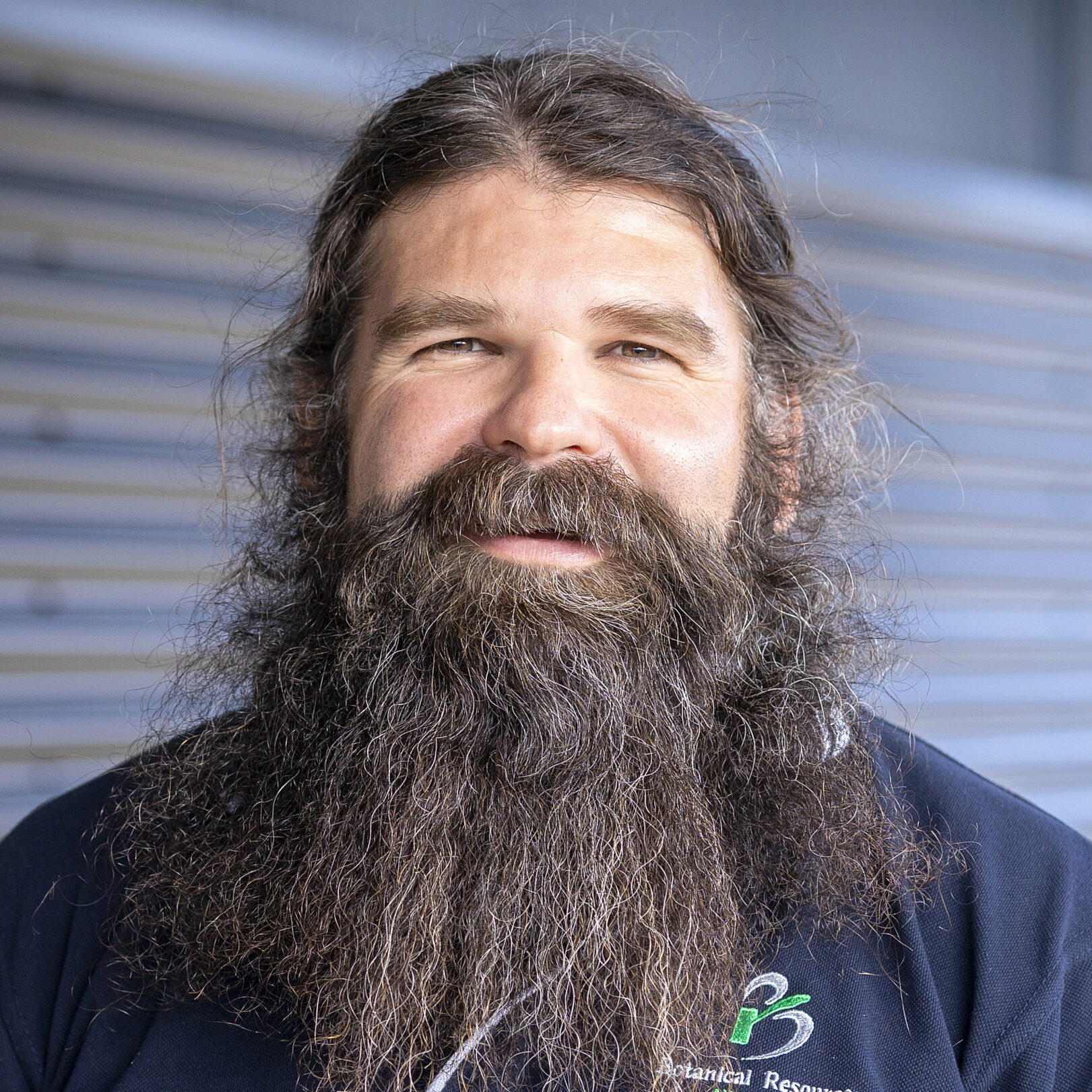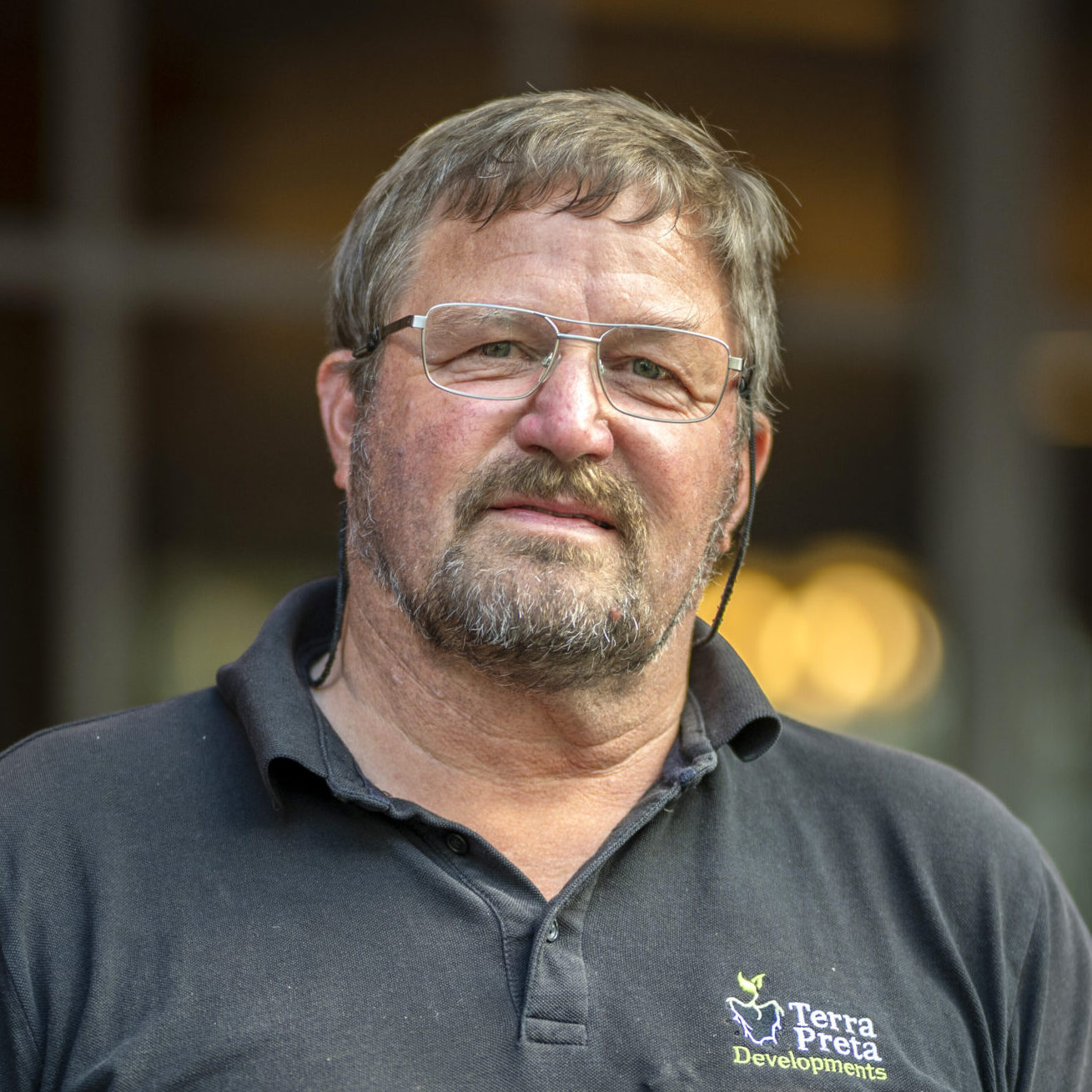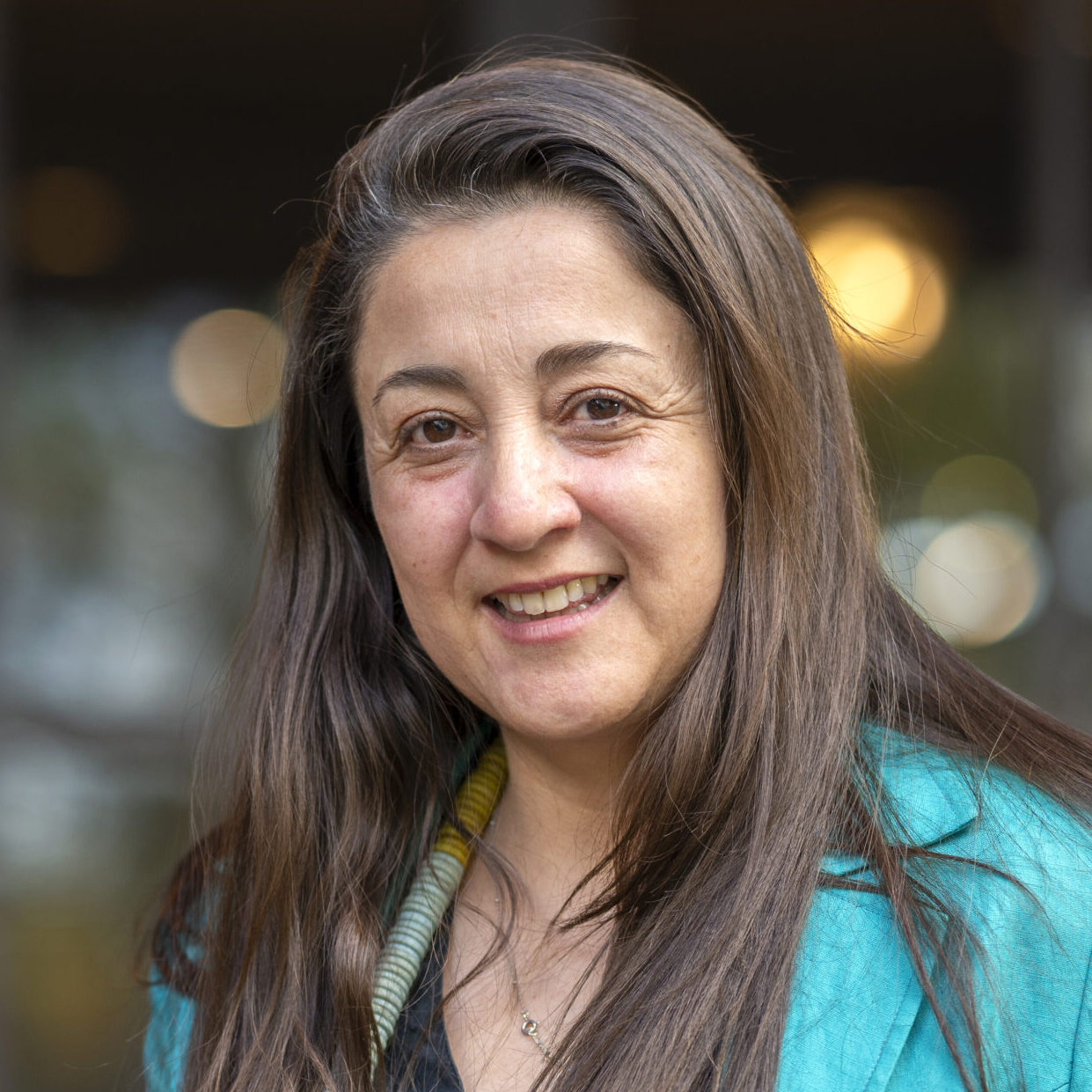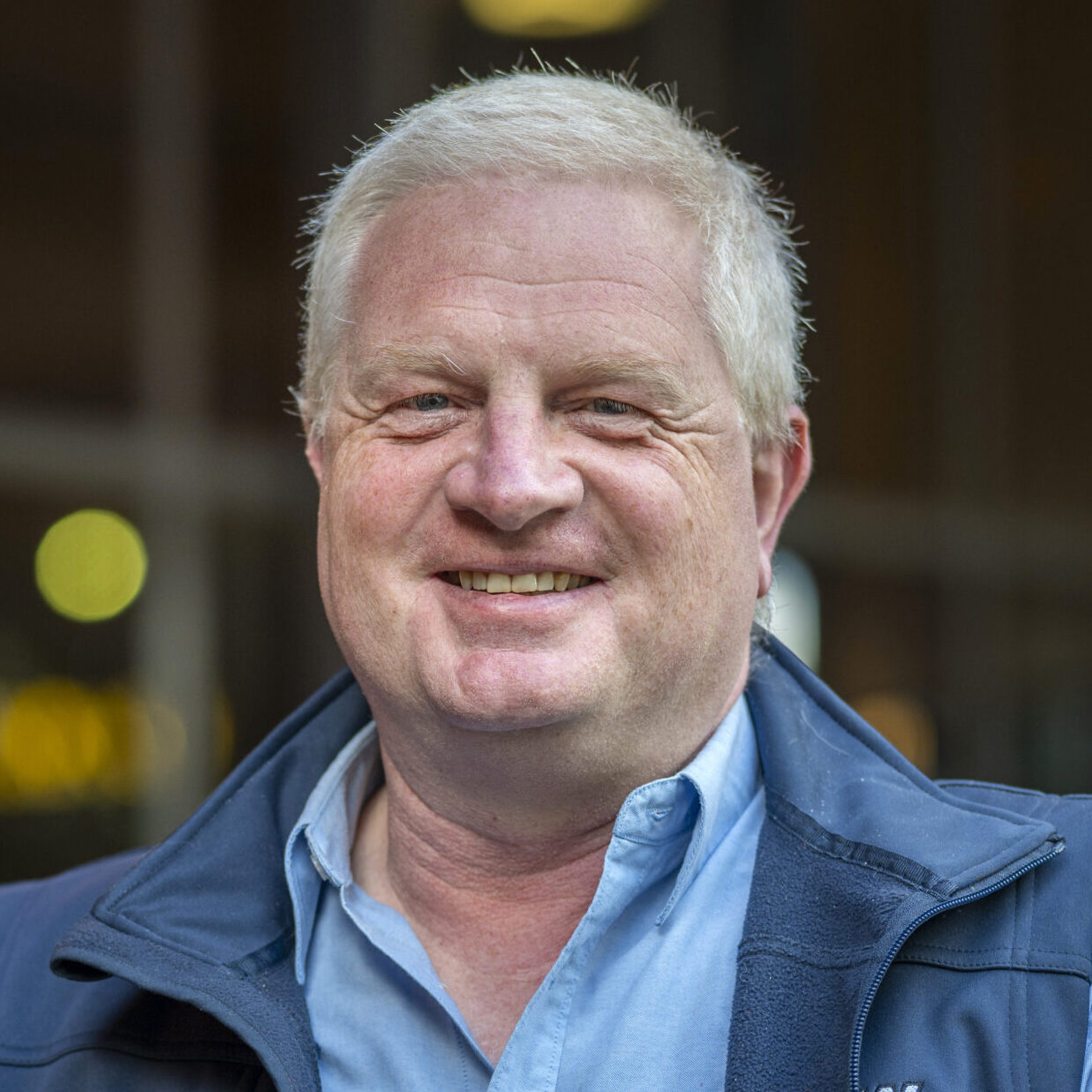Christina Giudici is an agricultural scientist with a passion for soil health and regenerative agricultural systems, and a love of local and grass roots work. In addition to her professional work consulting on large-scale developments, Christine started a business 15 years ago called FIMBY (Food in My Backyard), which provides practical advice and support for people wanting to grow their own food. This commitment to local solutions and joining the dots is what led her to explore a biochar production concept with Bodie Cavanagh of Dovetail Timbers. Bodie, a talented engineer, designs and manufactures a range of unique products, including raised garden beds popular with Christine’s customers, from timber that has been felled but isn’t suitable for mainstream forest products.
The New Black biochar production company grew from an idea to produce biochar from sawmill waste and use the heat generated for drying green timber. The business has the potential for significant growth due to the unique manufacturing facility, designed and built by Bodie and his team, on-site at Dovetail Timbers. The biochar kiln is a continuous flow pyrolysis plant, which means it can process large quantities of feedstock into biochar under highly controlled conditions. The goal is to produce high-quality biochar in bulk, catering to diverse niche applications such as reducing emissions from timber fines and forestry residues, supporting regenerative agriculture, soil remediation strategies and developing innovative products for removing pollutants from waterways.
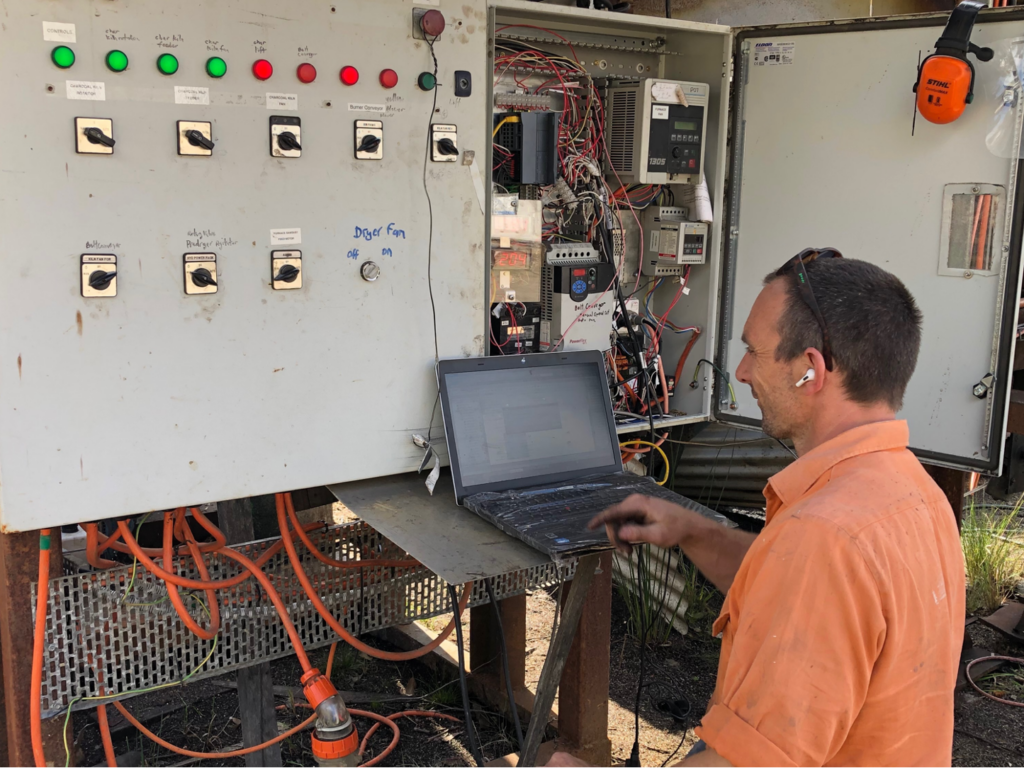

Christina and Bodie formed a working group with Sam Whitehead of the Good Car Co., to work on a scale-up plan for operations. Their collective vision? To generate a tangible impact on climate change by sequestering tonnes of carbon and “catalyse a cascade of carbon capture” in regenerative systems.
Their first step was to identify and analyse the barriers to growth they were experiencing. With these barriers clearly defined, they could develop a range of strategies to try and overcome them, and then establish an agreed plan of action.
New businesses in emerging industries face additional barriers to growth, including limited access to funding due to the perceived risks of the ‘unknown’. This highlights the critical intersection of funding availability and operational scalability for small businesses. Furthermore, businesses providing innovative technical solutions for emissions reduction are disadvantaged compared to digital startups, which can scale rapidly with minimal human resources or physical infrastructure, and lower regulatory hurdles. Small businesses making tangible changes to the way we manage materials and interact with the natural environment face higher initial investment and operational complexities, with less access to funding channels.
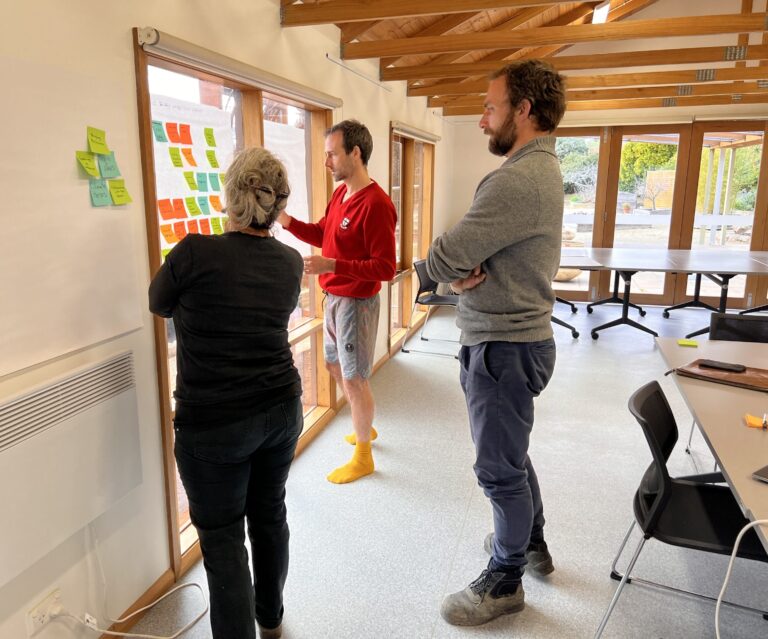
The facilitator visited Dovetail Timbers’ facility in Huonville, to view operations and see the kiln in action, and facilitated a full-day strategic planning session, which was critical for ‘stepping out’ of the business to define and align the individual objectives of the founders and other stakeholders in the business. A series of team meetings and individual mentoring sessions focused on making progress on agreed actions and understanding the personal and creative dynamics within the group.
Christina also participated individually in a separate action learning set with three other businesses, which helped to gain an objective view and further insights from a diverse range of people working on similar challenges.

“We’re driven by the tangible impact of sequestering tonnes of carbon, the co-benefits for the environment, and the potential to catalyse a cascade of carbon capture.”
Christine Giudici
Co-founder, The New Black
The New Black was showcased at the Biochar Living Lab forum in George Town, raising awareness of the business’s capabilities in a broader industry context. Christina has since joined the Biochar Living Lab steering committee, placing The New Black at the forefront of the biochar industry in Tasmania.
An application for a state government grant has been prepared and submitted, to fund improvements to the plant. Introducing an automated feed system is a pivotal next step for maximising the throughput by removing limiting manual operations. This would allow the business to increase revenue and establish a robust business case for the next stage of growth.
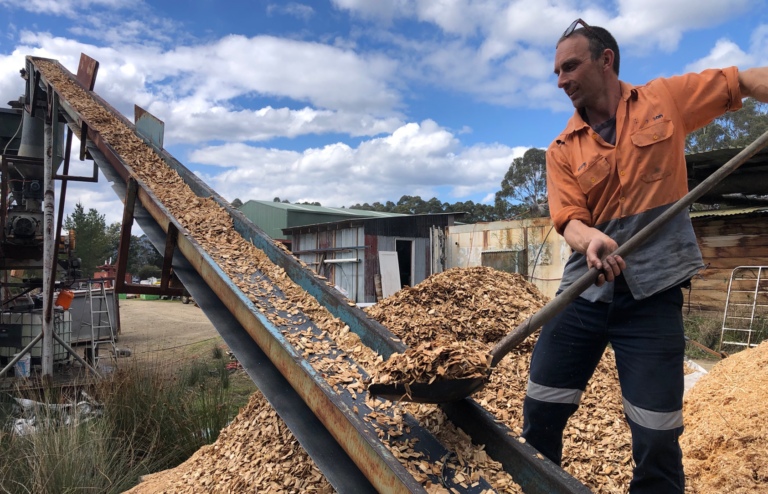
By the end of the program, the working group had made significant progress toward developing a sustainable business model and realistic scale-up strategy. However, the barriers to implementation remain high. As is the case with many new businesses, the founders must balance the demands of expanding the business with maintaining their personal income and relationships. This balancing act presents significant constraints on the time that small business operators can dedicate to implementing a growth strategy effectively.
Learning into action
What have you learnt from Christina’s experience that you could put into action in your business? Here are three actions you could take right now:
- Brainstorm or investigate the key issues your industry is facing in the transition to a low-emissions economy.
- Ask yourself, what capabilities do I have that could be applied to developing solutions?
- Find out if any there are any small businesses working on solutions and become an early adopter or offer to collaborate on trials.
